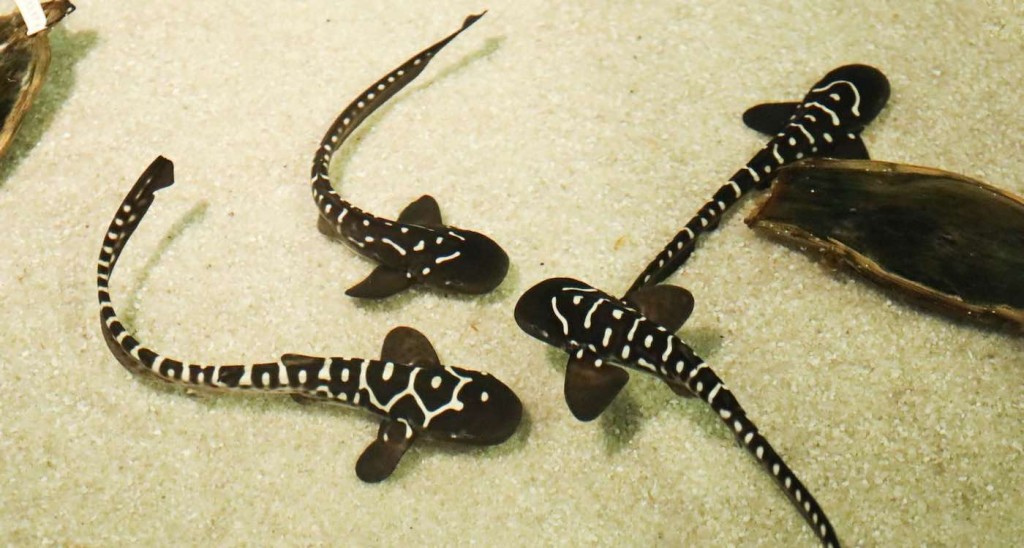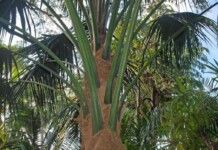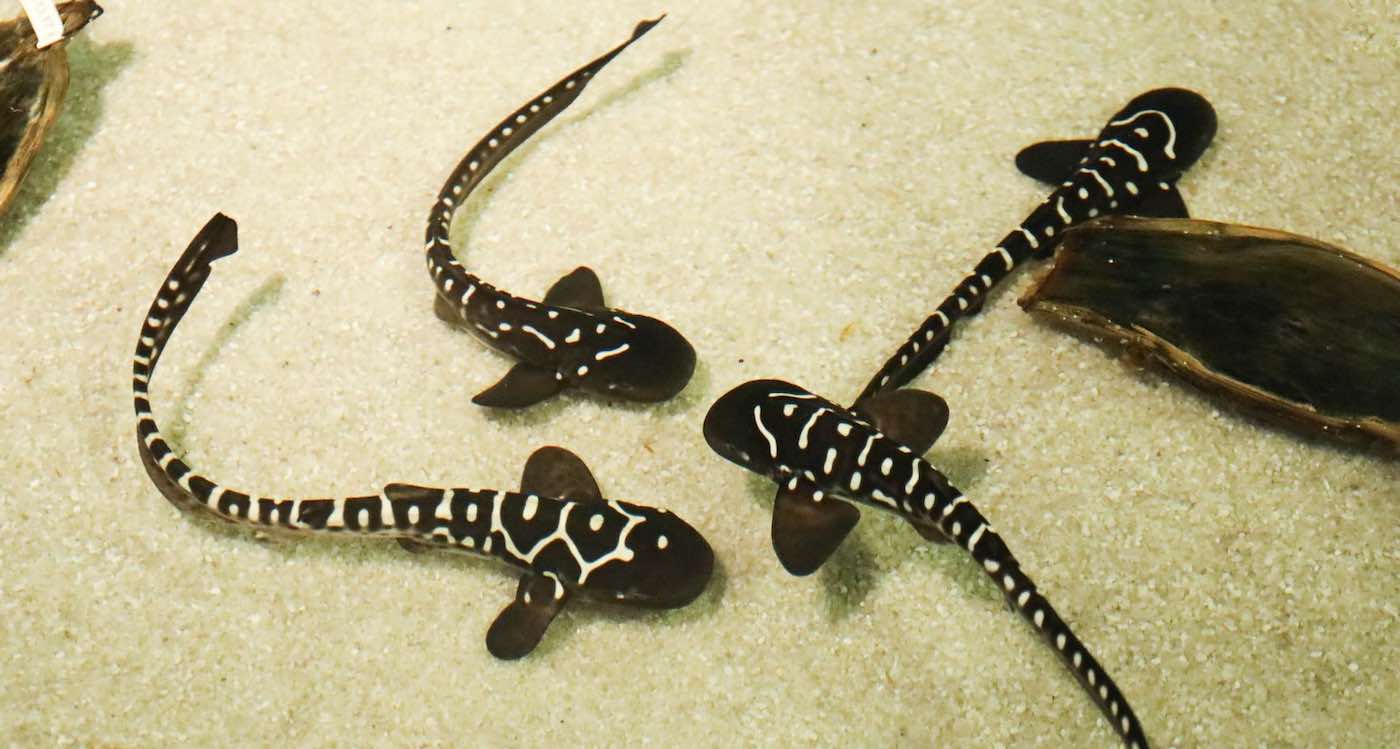
Out in the wilds of Indonesia, zebra sharks are extremely rare. Overhunted, these striped bottom dwellers were at risk of going extinct.
Now though, an international consortium of 44 aquariums in 15 countries is banding together to create a huge captive-breeding-and-release program that aims to reintroduce 500 sharks to their native waters.
Such an effort has never been undertaken before, and rewilding is typically reserved for mammals and other terrestrial species.
Protections of sharks and rays around Raja Ampat in Indonesia, one of the richest tropical marine environments known to man, have already allowed populations of these ancient creatures to rejuvenate.
The zebra shark seemingly hasn’t benefited, at least in Raja Ampat, from these protections. Oceans are difficult places to rewild. It’s extremely difficult, almost possible, to control territories, limit comings and goings, and keep track of threats.
Recently, the aquarium team, called ReShark, released their first eggs into the waters of Raja Ampat—90 miles from the nearest town, surrounded by limestone pinnacles hovering on the turquoise seas.
MORE OCEAN CONSERVATION: 8th Annual Ocean Conference Raises $20 Billion, And Pledges For Marine Protection
“It’s such a milestone,” Nesha Ichida, an Indonesian marine scientist helping manage this work for ReShark, told Nat Geo. “This is such a hopeful, momentous moment.”
Most sharks give birth to live young, but because the zebra shark lays eggs, that look like strange, gnarled, tree nut casings, they are much easier to breed in captivity for the aim of reintroduction.
“Conservation groups, local communities, local government, and the large public aquaria together in a coalition that has never really happened before, the potential is really amazing,” said Dr. Mark Erdmann, Vice President of Asia Pacific Marine Programs for Conservation International.
“And obviously we’re going to recover zebra sharks in Raja Ampat, but this is just the start I mean the potential to do this with other endangered shark and ray species all around the world is immense.”
WATCH the first eggs arrive in Raja Ampat…
SHARE This Wonderful World First For The Oceans With Your Friends…




















